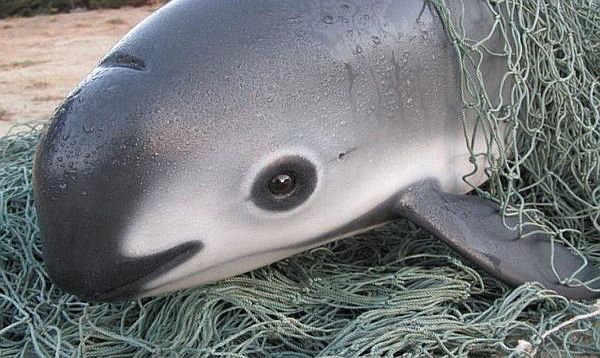Mexico City, Mexico - The Mexican government has announced a two-year suspension of commercial fishing with the gillnets, trawl nets or nets with multiple hooks used on small fishing boats at the northern end of the Gulf of California, in order to protect the vaquita, an endangered species of small porpoise.
The accord reached by the Agriculture, Stockraising, Rural Development, Fishing and Food Secretariat (Sagarpa) and the Environment and Natural Resources Secretariat (Semarnat) was published Friday in the Official Federation Journal.
The document establishes a two-year ban on vaquita fishing in a natural protected area knowns as the Upper Gulf of California and the Colorado River Delta, whose western part is the area declared a refuge in 2005 for the small vaquita porpoise (Phocoena sinus.)
Environmentalist groups had asked the Mexican government in recent months to declare a total ban on fishing with nets of that kind, warning that the cetacean risks becoming extinct by 2018.
According to the International Committee for the Recovery of the Vaquita, or CIRVA, there are now fewer than 100 specimens remaining of this porpoise species, which is found only in a small area of the Gulf of California.
Sagarpa said in a communique that the ban does not include fishing for the Gulf Corvina (Cynoscion othonopterus) between Feb. 1 and April 30 every year, "which can be practiced in conformity with existing administrative regulations."
Through the application of regulatory measures, the Mexican government seeks to contribute to the protection and recovery of the number of vaquita specimens and reduce the risk factors for the species, Sagarpa said.
Original article


